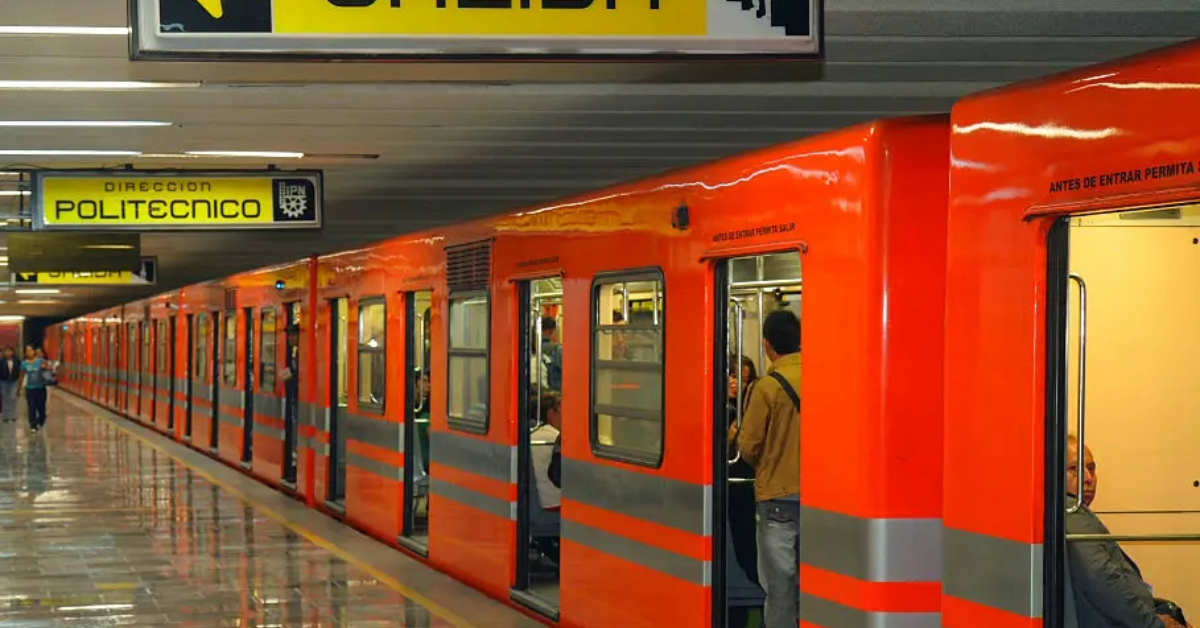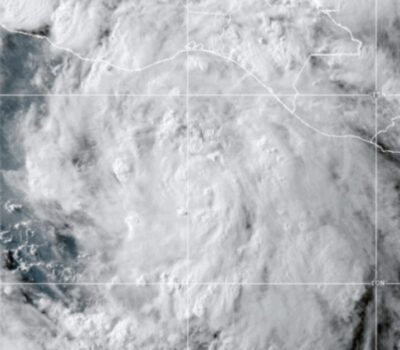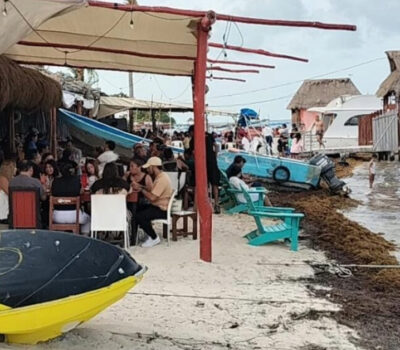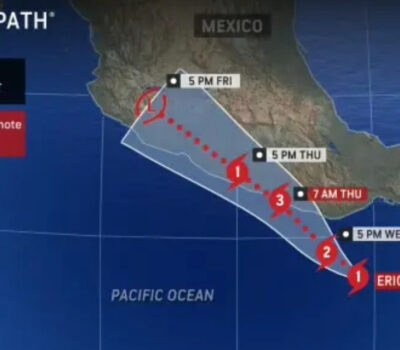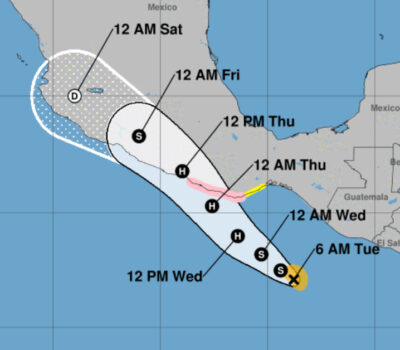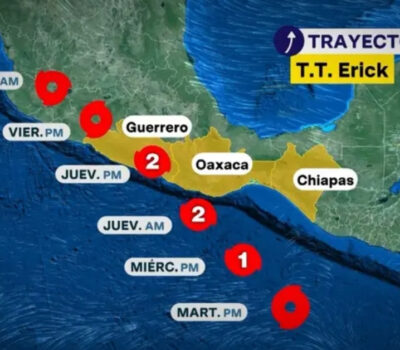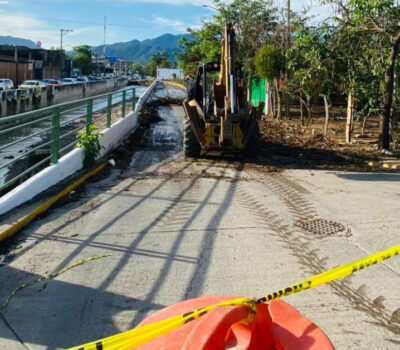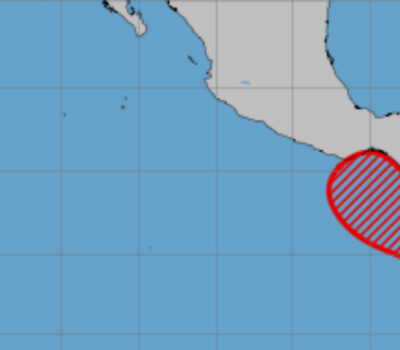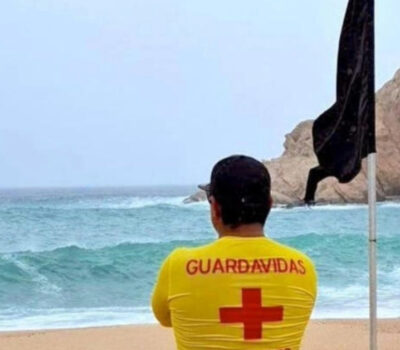Mexico City Prosecutor confirms benzodiazepines and THC in Metro needle puncture cases, with no link to major crimes or addiction. Incidents decrease amid heightened security.
Mexico City’s Attorney General’s Office (FGJCDMX) has revealed new details in the investigation into a series of needle attacks that alarmed commuters across the city’s public transportation systems, particularly the Metro. According to Prosecutor Bertha Alcalde Luján, the main substances identified in the puncture cases are benzodiazepines and THC, neither of which are associated with dependency or high-impact criminal activity.
During a press conference, Alcalde Luján provided a detailed update on the ongoing investigation, clarifying that while the attacks caused understandable public concern, the evidence does not support fears of broader criminal objectives like inducing addiction, transmitting diseases, or facilitating major thefts.
Breakdown of Confirmed Cases
To date, authorities have received 78 formal complaints involving verified puncture wounds and 57 additional reports describing other injuries, such as scratches. The confirmed puncture incidents occurred in the following locations:
- 56 cases in the Mexico City Metro (STC)
- 10 cases on the Metrobús
- 9 cases on public streets
- 3 cases in other unspecified areas within the city
Since May 27, only 13 new confirmed puncture cases have been reported, a decline the prosecutor described as “considerable” when compared to previous months. This drop in incidents is credited to increased security measures implemented by the Secretariat of Citizen Security (SSC), combined with greater public awareness.
Arrests and Investigation Status
Only one suspect has been arrested in connection with the needle attacks, caught in the act, according to Alcalde Luján. Despite the widespread concern, the incidents have not been classified as high-impact crimes, and a common motive behind the attacks remains elusive. Of the total cases reviewed, only six have been linked to potential thefts.
“We want to emphasize that the investigations show these are isolated acts without a coordinated criminal objective,” said Alcalde Luján. “There is no indication that the punctures are being used to transmit diseases or as a method of addiction introduction.”
Substances Identified
Toxicological analyses have identified two main substances in some of the puncture cases:
- Benzodiazepines: Medications commonly prescribed to treat anxiety, muscle spasms, and seizures. They are not considered substances of dependency when encountered in small doses and are frequently used in both clinical and therapeutic settings.
- Tetrahydrocannabinol (THC): The principal psychoactive component of cannabis. While THC can cause altered mental states, it is not typically associated with physical harm or addiction in trace amounts.
Both substances, according to the FGJCDMX, are unlikely to cause lasting effects in the quantities detected, and their presence does not suggest an intent to inflict serious or long-term harm.
Security Measures and Public Confidence
The prosecutor attributed the recent decline in complaints to enhanced patrols across public transit hubs and a coordinated response from city officials. The SSC has also extended its surveillance to the Trolleybus and Cablebús networks in response to concerns that the Metro incidents could spread to other modes of transportation.
This broader monitoring initiative was confirmed by SSC Secretary Pablo Vázquez, who explained that authorities are now using wiretap data and surveillance systems across multiple transit systems to detect suspicious behavior in real time.
Although the investigation continues, FGJCDMX has urged citizens to remain alert but not to panic. “There is no evidence to suggest these are systematic attempts to drug or harm the public,” Alcalde Luján reiterated. “With the cooperation of our citizens and increased police presence, we’re seeing clear progress.”
For now, authorities recommend that passengers report any suspicious activity immediately and make use of the security and emergency buttons located throughout Metro stations and buses.
As investigations proceed, FGJCDMX continues to call for calm while promising transparency in updates regarding the case.
Mexico City Prosecutor confirms benzodiazepines and THC in Metro needle puncture cases, with no link to major crimes or addiction. Incidents decrease . . .

